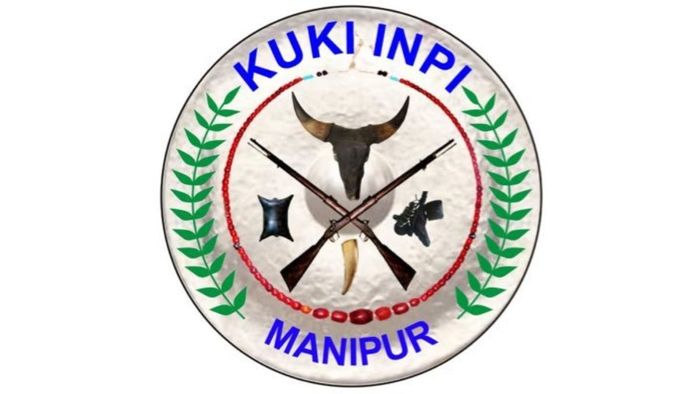Manipur: Kuki groups oppose Indo-Myanmar border fence, accuse government of violating rights
The Kuki Inpi Manipur and Kuki Chiefs Association Manipur consider the scrapping of FMR and construction of border fencing an 'appeasement policy' towards the majoritarian Meitei community.

- Jul 04, 2024,
- Updated Jul 04, 2024, 8:56 PM IST
Expressing deep resentment against the central government's persistent efforts to construct border fencing along the Indo-Myanmar border in Manipur, the Kuki Inpi Manipur and Kuki Chiefs Association Manipur consider the scrapping of FMR and construction of border fencing an 'appeasement policy' towards the majoritarian Meitei community.
The two top Kuki bodies stated that despite opposition and previous protests leading to a halt in the construction of border fencing, the government is now aggressively pushing for the resumption of the construction, even deploying central forces to enforce its decision highlighting a disregard for the concerns of the Indigenous communities underscores the insensitivity of the government towards the people it affects.
"The construction of the border fence poses a severe threat to the cultural heritage and way of life of the indigenous Kuki people in Manipur. When the fence cuts through villages, it not only divides their homelands but also imposes restrictions on traditional practices and interactions with counterparts across the border, further eroding their cultural identity", the two Kuki top bodies noted.
They recalled that the abrupt decision to scrap the FMR by the same BJP government came as a shocker to all as people across the Northeast region had high expectations when the Free Movement Regime was formalized in 2018 as a part of the Act East policy by the BJP government.
Also Read: Manipur: 2 dead, 2,000 evacuated as major rivers breach embankments due to floods
"It is quite bewildering why the BJP government is acting against its own policy", asserted the two Kuki top bodies.
They also stated that keeping aside the national security concern of the central government the whole gamut seems an 'appeasement policy' towards the Meitei community while stating that it's no wonder the communal state government of Manipur lauded the central government's decision as it fully understood that the indigenous Kuki people will be the victims of the border fencing.
"By disregarding the need for consultation with stakeholders and bypassing international conventions protecting indigenous rights, the central government is violating the fundamental rights of the indigenous communities living along the border", they stated.
They further stated that India's commitment to the United Nations Declaration on the Rights of Indigenous Peoples (2007) should compel it to uphold the rights of these marginalized communities, including the right to maintain relations across borders under Article 36 of UNDRIP.
To achieve a sustainable and just solution, the Indian government must strike a balance between national security imperatives and respect for human rights. Border management in Manipur and the northeast region should not come at the cost of disenfranchising indigenous communities, as it will only exacerbate tensions and hinder peace and development in the region. The construction of the border fence must cease immediately to safeguard the rights and well-being of the indigenous people, the two Kuki top bodies added.
They stated that the central government's persistence in pursuing the construction of border fencing in Manipur, despite opposition from Indigenous communities, underscores the need for a more inclusive and rights-based approach to border management while stressing that by prioritizing national security over human rights, the government risks further alienating and marginalizing the very people it is meant to protect.